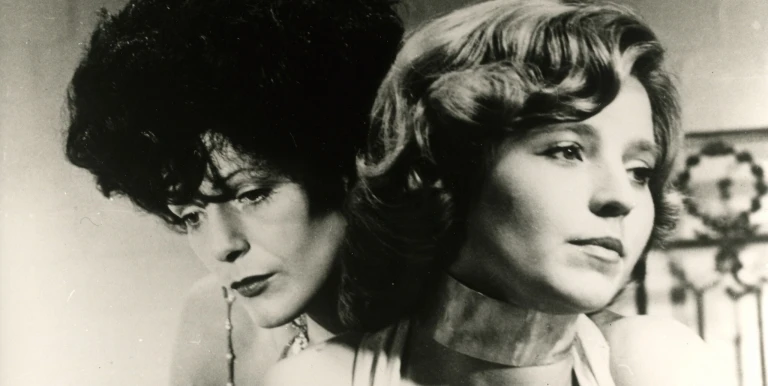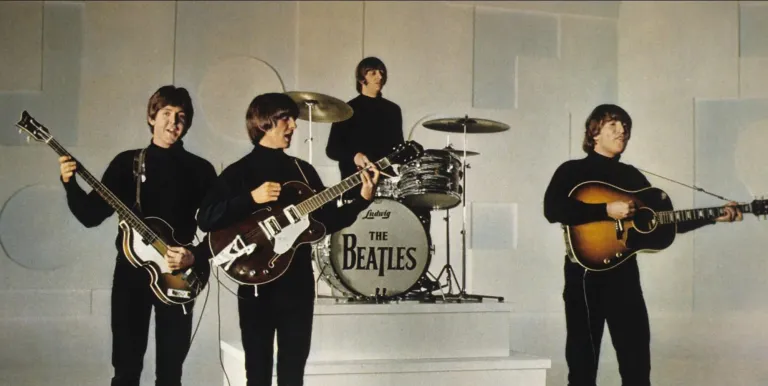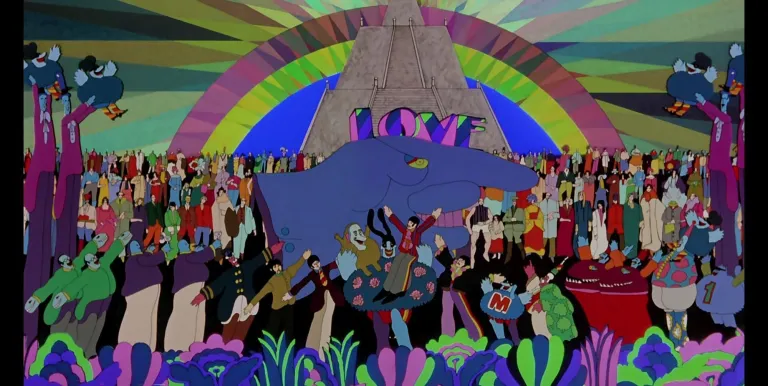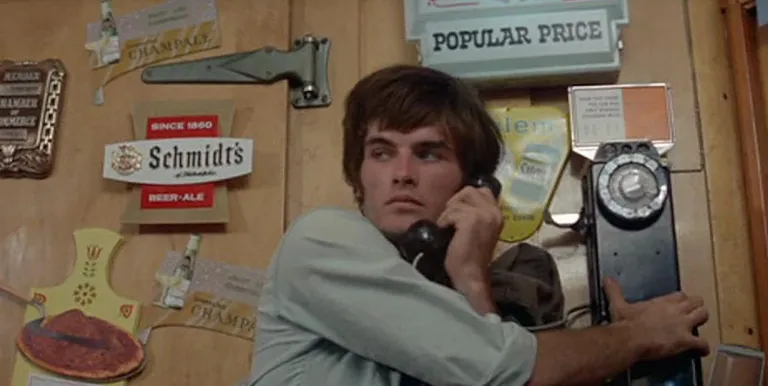Creator:
Featuring:
We will soon be reaching the 41st anniversary of the death of Rainer Werner Fassbinder at the age of 37. As a director, he left behind 44 films: full of souls caught in storms, they are provocative works that examine Germany's past and present from a completely new point of view. He was 27 years old when he adapted his own stage play The Bitter Tears of Petra von Kant, in which all the characters are women, for the silver screen. It is a film of inner events. A drama about codependencies interdependences, as well as slow-burning relationships. A film that is kept moving by small gestures, colours and hesitatingly delivered sentences. It is not easy to forget about it.
The Bitter Tears of Petra von Kant takes place in a single space: Petra von Kant's flat. But this space is anything but simple. That, however, is how it seems at first. Petra von Kant is a fashion designer, and the details of the apartment (fashion illustrations, mannequins) seem to indicate this. As does the fact that the protagonist of the story, Petra von Kant (Margit Carstensen), is constantly changing her clothes, appearing in a series of different wigs. Then we slowly realize that the games with colours, sewing patterns, wigs and make-up are creating an independent layer of meaning in the film. The camera continuously discovers significant elements - sometimes in the background. And it becomes clear that, compared to the original work for the stage, the motion picture can do something quite shocking. It is able to capture touch. And the lack of touching as well. And how the sometimes silent sentences and hesitant human roles become complete when two hands or bodies meet. A perfect example of this is the taciturn Marlene (Irm Hermann), who seems to have stepped into Fassbinder's world from a German expressionist film. And we haven't even mentioned the performance by Hanna Schygulla, who had already been playing key roles in Fassbinder's films for years. No one should anticipate seing any digital tricks. Half a century ago, they still believed in the power of having people portrayed by people.
In German, with Hungarian subtitles.
The discussions before and after the screening will be conducted in Hungarian.
Presented by: Müpa Budapest
-
We wish to inform you that in the event that Müpa Budapest's underground garage and outdoor car park are operating at full capacity, it is advisable to plan for increased waiting times when you arrive. In order to avoid this, we recommend that you depart for our events in time, so that you you can find the ideal parking spot quickly and smoothly and arrive for our performance in comfort. The Müpa Budapest underground garage gates will be operated by an automatic number plate recognition system. Parking is free of charge for visitors with tickets to any of our paid performances on that given day. The detailed parking policy of Müpa Budapest is available here.










